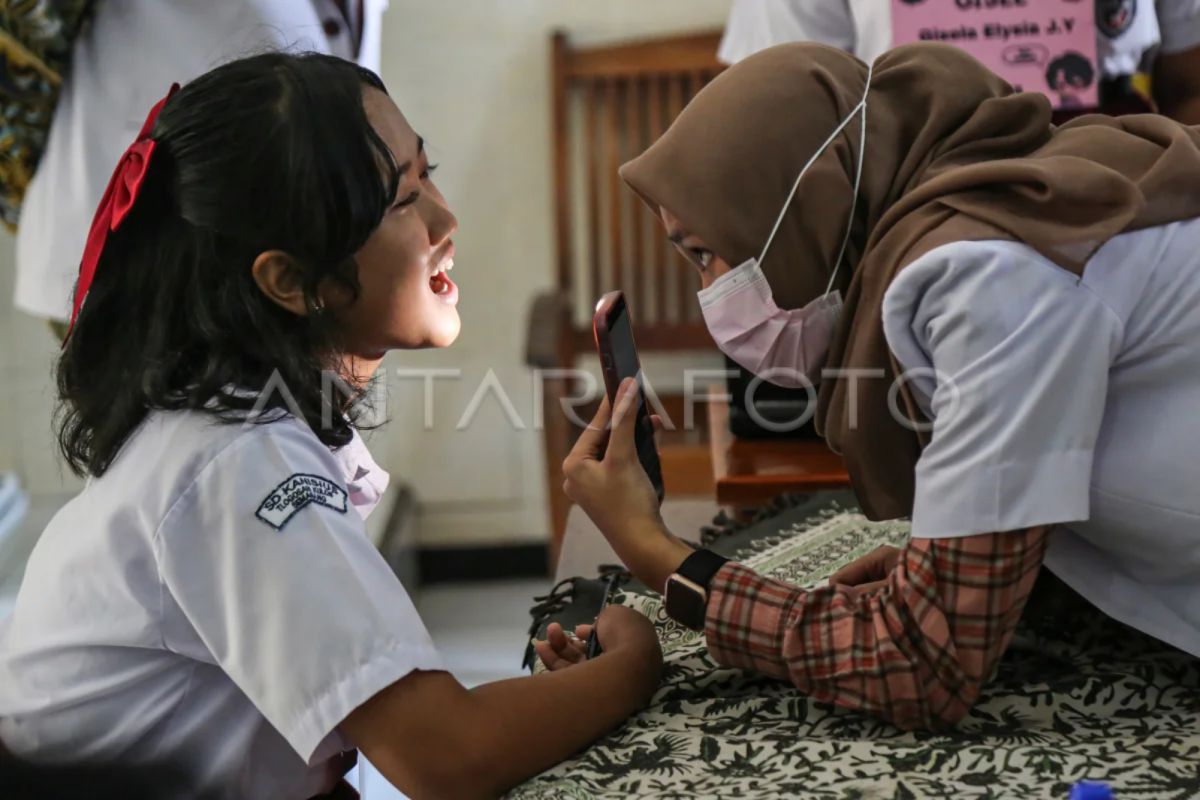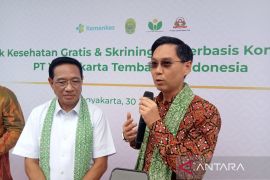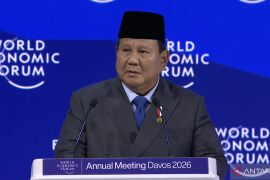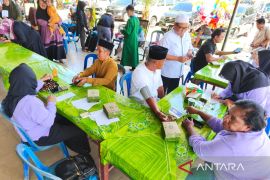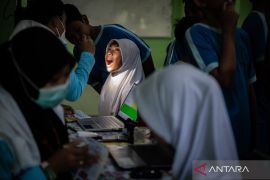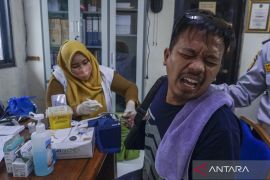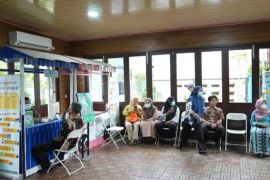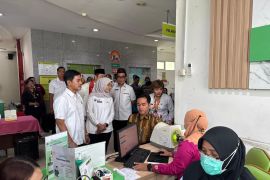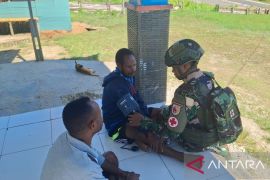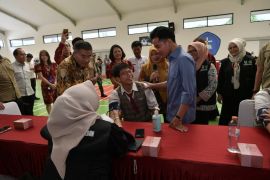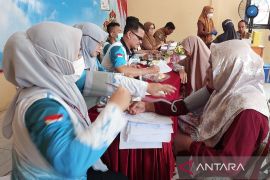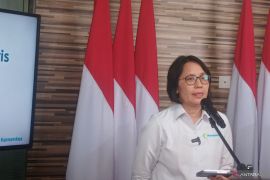The ministry's Director of Infectious Diseases, Ina Agustina Isturini, stated that this integration is intended to strengthen access to primary healthcare services and identify at-risk groups through free screenings at health facilities.
"People can check their blood pressure, blood sugar, cholesterol, and now hepatitis at the CKG program. This strengthens early detection without increasing costs," she noted in an online press conference on Tuesday.
The Health Ministry data shows that as of July 2025, some 6.7 million Indonesians are infected with hepatitis B, and around 2.5 million have contracted hepatitis C.
"Of these numbers, the majority have not been diagnosed and have not received treatment," Isturini pointed out.
Through screening within the CKG program, she said that individuals in high-risk groups such as pregnant women, healthcare workers, injecting drug users, and inmates can learn their hepatitis status early and be referred for prompt treatment.
One of the ministry's integrated interventions is hepatitis B screening for pregnant women.
Data from 2024 showed that 49,142 pregnant women tested HBsAg reactive, and 93 percent of their babies received the hepatitis B vaccine and immunoglobulin (HBIG) within the first 24 hours of birth.
"With this integration, the prevention of infectious and non-infectious diseases can be carried out simultaneously while saving time and being closer to the community," Isturini remarked.
She highlighted the goal to eliminate hepatitis by 2030, which requires strengthening community-based services.
The ministry also views this integration as vital since hepatitis B and C detection and treatment services remain uneven across several remote and border areas of the country.
She outlined that limited laboratory facilities, shortages of healthcare personnel, and logistical difficulties are major challenges in areas with minimum health infrastructure.
"Remote and border areas still pose a major challenge in the distribution of hepatitis services. Viral load detection and access to medication are still limited," she pointed out.
Currently, national hepatitis C treatment services are only available in 56 districts and cities across 38 provinces. However, many at-risk populations, such as injection drug users and people living with HIV, also reside outside these locations.
Her ministry noted that of the 641,818 healthcare workers screened, 11,154 tested positive for hepatitis B. Yet many struggle to have access to treatment facilities, especially those living outside major cities.
This shortcoming shows the limited treatment coverage for hepatitis.
Hence, the government is expanding referral network-based services and utilizing national health insurance (JKN) funding to reach areas with limited services, Isturini stated.
Related news: Jakarta targets 1.9 million students for free health checks
Related news: Indonesia expands free health check program to students
Related news: Free health checks rolled out in Jakarta schools
Translator: M. Riezko Bima, Resinta Sulistiyandari
Editor: Azis Kurmala
Copyright © ANTARA 2025
